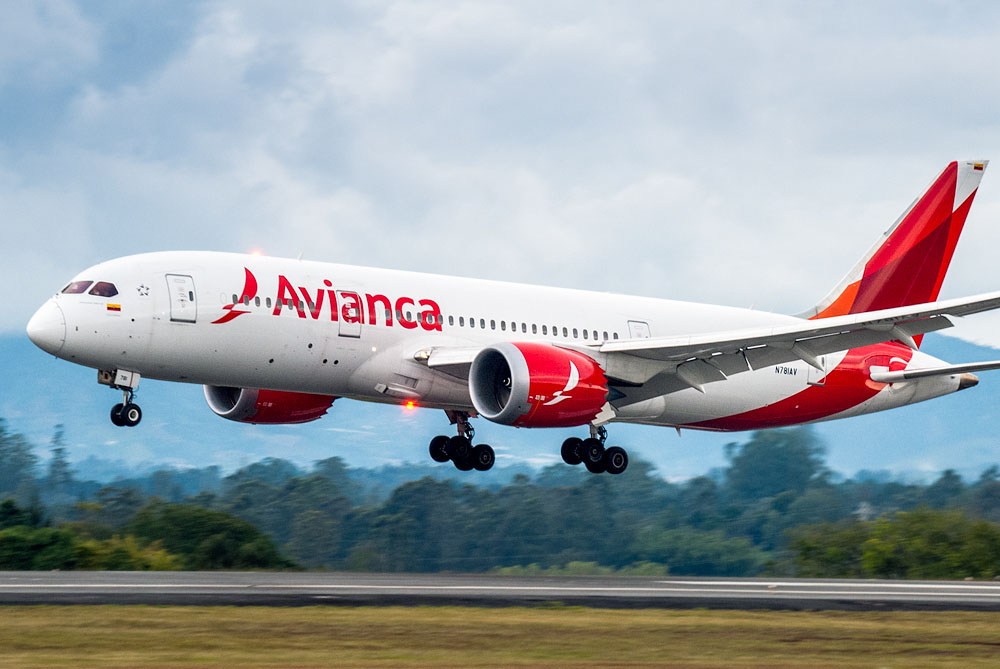SAO PAULO, (Reuters) – There is “substantial doubt” about Avianca Holdings’ ability to stay in business due to the coronavirus crisis, the Colom-bian airline reported yesterday, citing the conclusion of its financial auditors.
Avianca, Latin America’s second-largest airline, made the disclosure in a securities filing with the U.S. Securities and Exchange Commission explaining why it was unable to file its 2019 annual report on time.
Avianca said it will file the report in June and expects to disclose the conclusion made by accounting firm KPMG that there were serious questions about the airline’s “ability to continue as a going concern.”
Avianca has grounded all its passenger flights since March due to the coronavirus crisis, after its main hubs in Colombia, El Salvador, Ecuador and Peru all shut down air traffic. It has put about half its workforce on unpaid leave and is actively looking for government help, while deferring payments on aircraft leases and loan principals.
“As a result, we are currently in default under certain of our outstanding indebtedness,” the airline said in the securities filing. “If our operations remain suspended for an extended period, we may have to take further measures to preserve our business.”
The airline had been in weak shape even before the crisis hit. Roberto Kriete, president of Avianca’s board, said last year in a meeting with employees that the airline was “broke.”
In order to keep operating last year, Avianca required an emergency $250 million loan that was funded in large part by United Airlines Holdings Inc.
Kriete was appointed in May of last year when United Airlines ousted Avianca’s former president and controlling shareholder, German Efromovich, when he himself defaulted on a $450 million loan extended by United.
United disclosed earlier this week that it expected to lose $697 million tied to the two loans it gave to Efromovich and Avianca. The larger loan is secured by Efromovich’s majority stake in Avianca, but the market value of the airline has been in freefall due to the coronavirus crisis. Its New York-listed shares have fallen 77% this year.





